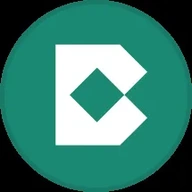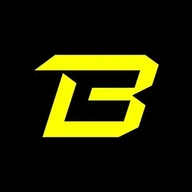In the latest developments, the Human Rights Foundation (HRF) has issued a new batch of Bitcoin Development Fund grants to 4 African countries. The grants total 1 billion Satoshis (10 BTC: about $600,000) to 20 development projects worldwide.
Interestingly, this latest batch of grants focuses on Asia, South America and Africa. The awardees were selected by how well their projects advanced human rights. The metrics included providing human rights organizations with discrete financial solutions, technical support for citizens under authoritarian regimes and Bitcoin development conventions.
Notably, this aligns with the HRF’s mission of “promoting and protecting democracy and human rights worldwide, with a focus on authoritarian regimes.” The Foundation’s Bitcoin Development Fund has given over 80 grants to over 40 projects since inception.
Noteworthy is that 4 of the latest total awardees were African projects. While the HRF did not outline how the grants would be distributed among the projects, more information is awaited.
So, the 4 African projects approved by the HRF for the Bitcoin Development Fund grants include African Bitcoiners, BTC Shule, Etta Wallet and KiveClair.
1) African Bitcoiners
This is a community model initiative that aims to drive the adoption of Bitcoin cryptocurrency by Africans. The project qualified for the HRF’s grant through some of its programs like Bitcoin training for beginners, airtime and data purchasing using Bitcoin.
2) KiveClair
KiveClair is based in the Democratic Republic of Congo. Accordingly, it has a similar community model that promotes educating citizens about Bitcoin. Another key point is that spearheading this initiative is the co-founder of the Africa Bitcoin Conference, Gloire Wanzavalere.
With the Bitcoin Development Fund, the grant can sponsor training for Bitcoin activists, developers, journalists and local conferences.
3) Etta Wallet
Etta Wallet is an open-source crypto wallet developed by Collin Rokundo, co-founder of Splice Africa. Notably, the platform allows for self-custody and enhances accessibility. With the HRF grant, it can be developed further and adopted by a wider African audience.
4) BTC Shule
BTC Shule is an educational program initiated by Belyi Nobel. To clarify, the program empowers Burundians with skills to trade Bitcoin outside censorship under authoritarian rule. In a celebratory post on X, Belyi states, “We’re very grateful to the HRF for this generous grant! This grant will support the development of Bitcoin education in Burundi.”






